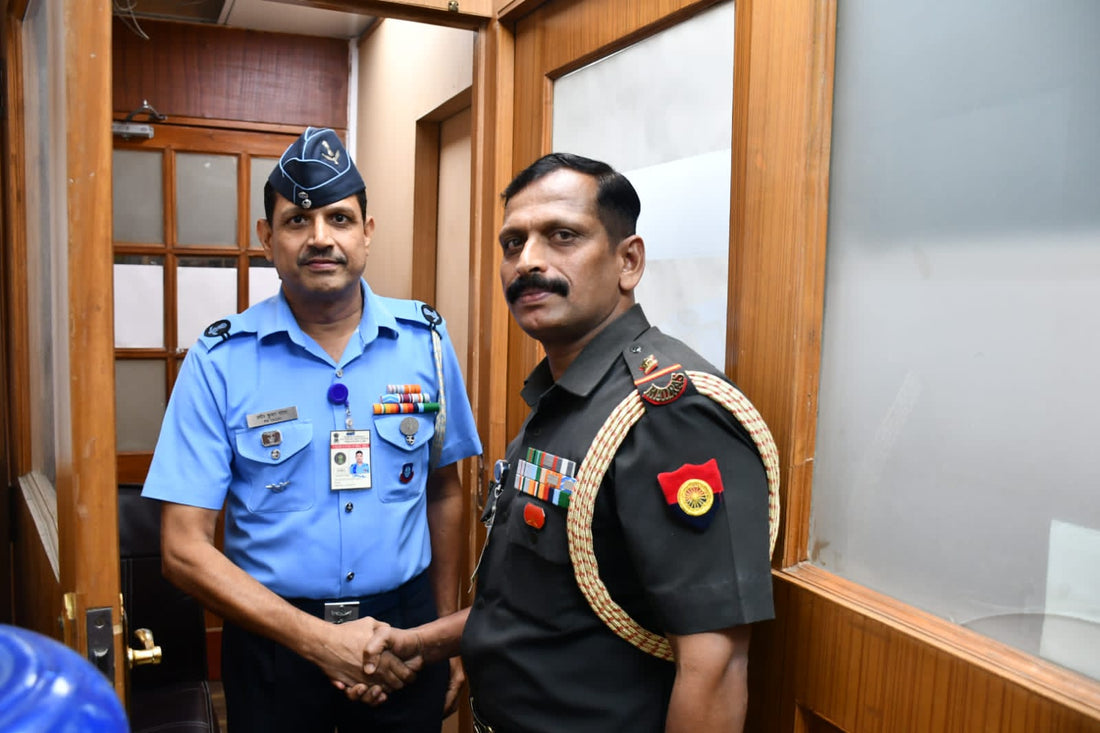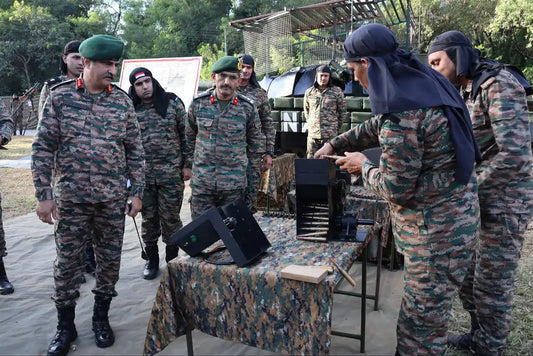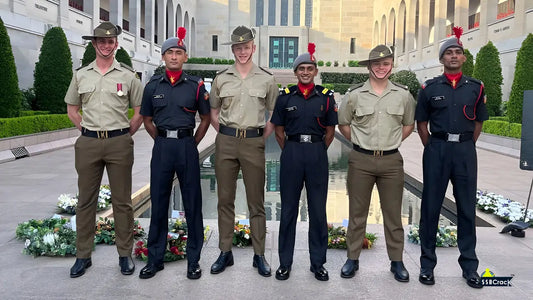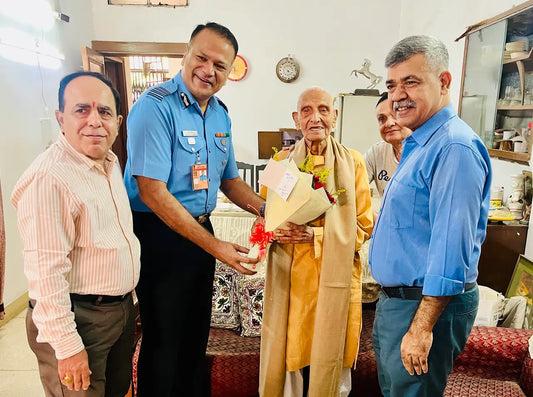Master Warrant Officer (MWO): Roles, Responsibilities, and Impact in the Military

A Master Warrant Officer (MWO) serves as a crucial link within the military hierarchy, connecting enlisted personnel with commissioned officers. This role combines technical proficiency with leadership duties, highlighting both the operational and administrative challenges found in contemporary military structures. Focusing on discipline, mentorship, and technical advice, MWOs play an essential role in ensuring the success of military missions. A deeper understanding of the responsibilities of MWOs enhances appreciation for their contributions and the overall structure and function of military forces.
Historical Context
The role of Warrant Officers has undergone significant changes, particularly over the last century. Introduced in the 18th century by the British Army, the warrant officer concept aimed to acknowledge specialized skills within the ranks. This development was pivotal in technical fields like artillery, aircraft maintenance, and logistics.
In the Canadian Armed Forces (CAF), the MWO position was established to recognize technical expertise while offering a leadership path for experienced enlisted personnel. Over time, the MWO rank has evolved to symbolize both authority and responsibility, involving significant duties in training, mentorship, and operational oversight.
The Powers and Duties of a Master Warrant Officer
Limited Disciplinary Authority
MWOs possess limited disciplinary power over enlisted members, crucial for maintaining discipline and order. They can address minor infractions, issue warnings, and recommend further disciplinary actions. This authority is vital in high-stakes situations, contributing to the overall effectiveness of military operations. MWOs also embody military conduct principles, influencing junior personnel's behavior and attitudes.
Advisory Role
MWOs serve as trusted advisors, providing insights on technical and operational matters. Their specialized training allows them to inform strategic decisions, influence maintenance procedures, and contribute to operational strategies. They also advise on personnel management, ensuring units are equipped with the necessary skills to fulfill their missions.
Operational Oversight and Quality Control
MWOs play an important role in overseeing operations within their specialty areas, like avionics, communication, or logistics. They ensure systems and equipment meet standards and facilitate training to maintain unit readiness. By monitoring quality and addressing technical discrepancies, MWOs help sustain operational efficiency.
Mentorship and Leadership
Mentoring is a key responsibility for MWOs, who act as role models, instilling professional values and encouraging learning and development. By facilitating open communication between enlisted personnel and officers, MWOs help ensure smooth information flow within the ranks.
Technical Expert and Integrator
As technical experts, MWOs manage and integrate complex systems within their units. They utilize hands-on experience to troubleshoot and oversee the integration of new technologies, enhancing operational capabilities in a rapidly changing technological landscape.
Case Study: An Example of MWO in Action
In Operation Inherent Resolve, MWOs from various specializations collaborated to support coalition efforts against ISIS. For example, an MWO in communications worked with a logistics MWO to ensure seamless information flow, addressing immediate operational needs and developing new standard operating procedures for improved communication and logistics.
Statistical Data and Research Insights
Research indicates that units with MWOs experience improved performance. A study in the Journal of Military Affairs found a 30% increase in operational efficiency in such units. Furthermore, over 75% of junior enlisted members reported feeling better prepared when mentored by MWOs, highlighting their role in developing future military professionals.
Challenges and Solutions
Balancing Authority and Relationships
MWOs must maintain positive relationships while exercising authority, particularly in disciplinary situations. Transparency and effective communication can help maintain trust and fulfill their duties.
Keeping Up with Technological Changes
The rapid evolution of technology requires MWOs to continually enhance their skills. Ongoing training and access to updated resources ensure they remain technically proficient.
Limited Recognition of Their Role
MWOs often work behind the scenes, potentially leading to underappreciation of their contributions. Raising awareness of their essential roles and initiating mentorship programs can increase recognition across military ranks.
Future Trends and Predictions
Increased Integration of Emerging Technologies
As AI and robotics become more prevalent, MWOs will need proficiency in these areas to effectively leverage new capabilities within their units.
Expanded Leadership Roles
With growing demands for specialized knowledge, MWOs may assume broader leadership roles, overseeing multidisciplinary teams and complex projects requiring coordination across specialties.
Enhanced Focus on Mental Health and Well-Being
As awareness of the psychological impact of military service grows, MWOs could play a key role in promoting mental health initiatives, fostering resilience in their units.
Conclusion
The Master Warrant Officer is a vital component of military operations, acting as a technical expert, advisor, mentor, and leader. With limited disciplinary authority and a wide range of responsibilities, MWOs bridge the gap between enlisted personnel and commissioned officers to ensure military units function effectively.
As military operations evolve, the importance of MWOs will continue to grow. Their adaptability to changing technologies, ability to refine strategies, and mentorship of new service members will be crucial in navigating modern defense complexities.
By focusing on professional development, enhancing communication, and recognizing their contributions, the military can ensure MWOs strengthen operational capabilities and the overall effectiveness of the service. Supporting MWOs in their essential roles will not only enhance current operations but also inspire the next generation of military leaders.



















